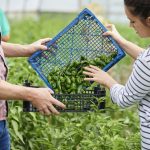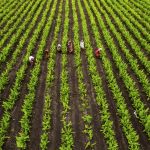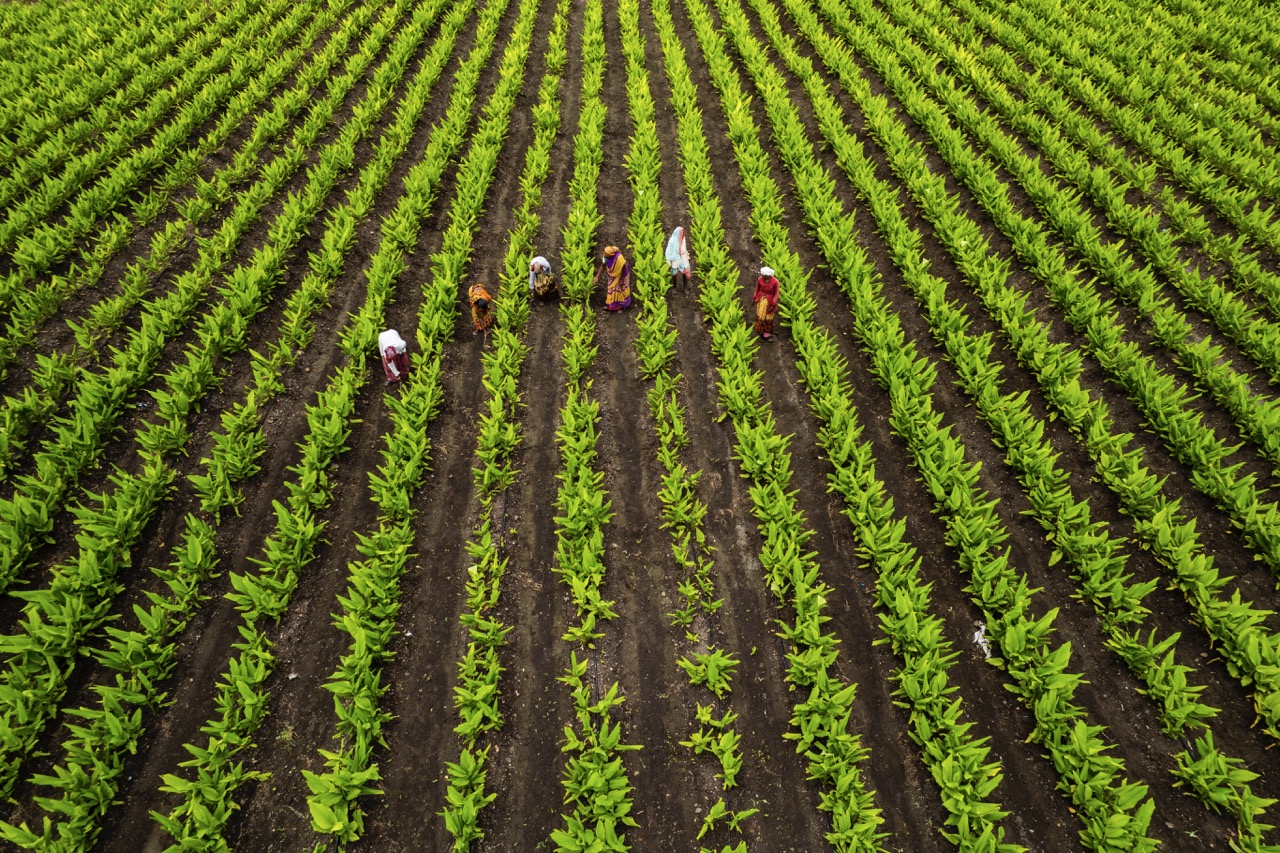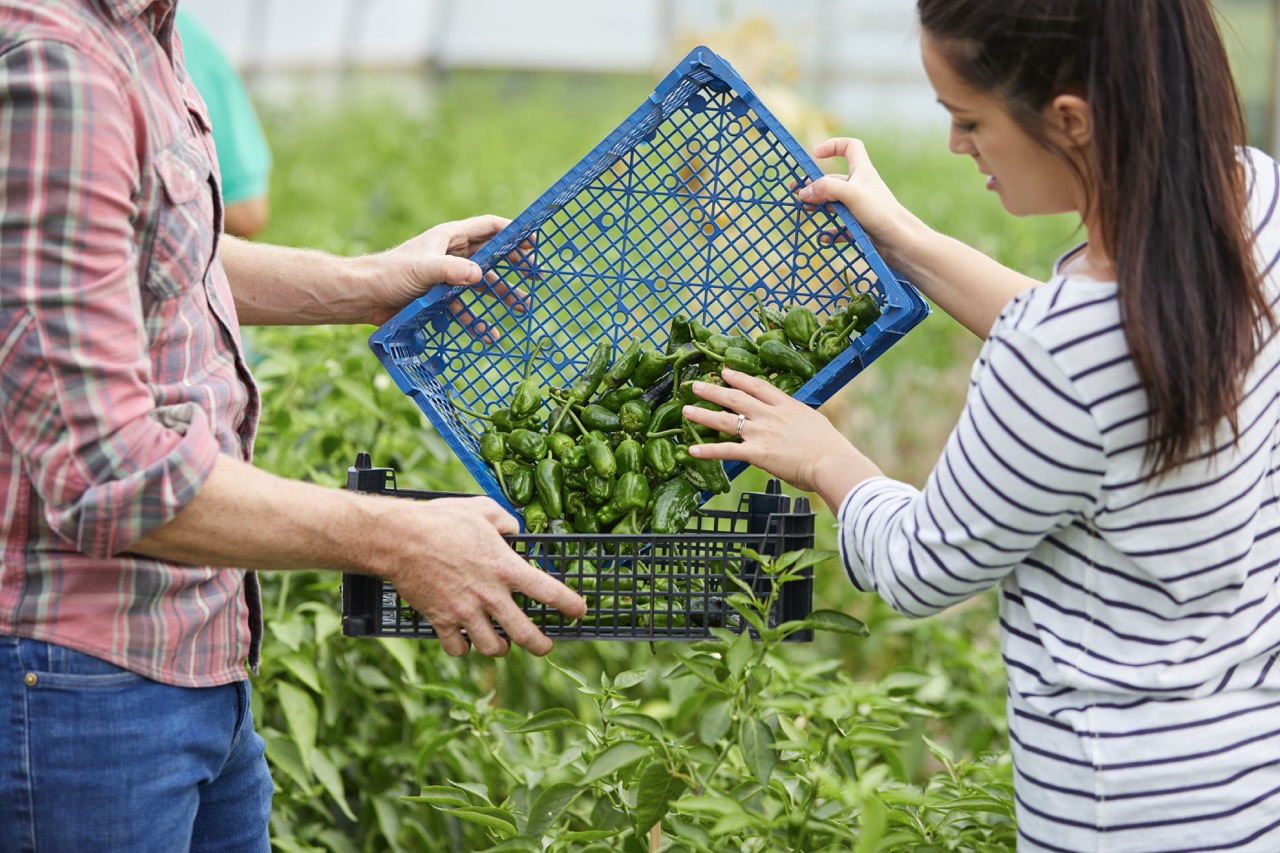Water is an indispensable resource in agriculture, serving as the lifeblood for crops and livestock. As the global population continues to swell, the demand for food is escalating, placing immense pressure on agricultural systems. Coupled with the growing impacts of climate change, the significance of water conservation in agriculture has never been more pressing. In this article, we will delve into the essential role of water in farming, examine the challenges currently faced by the agricultural sector, explore innovative water-saving practices, and look toward sustainable farming strategies for the future.
Understanding the Critical Role of Water in Agriculture
Water is vital for various agricultural processes, including irrigation, livestock hydration, and the production of biofuels. It plays a fundamental role in photosynthesis, where plants convert sunlight into energy, thus facilitating growth and crop yield. In many regions, the availability of water directly influences the type of crops that can be grown, making it a critical factor in food security. The efficient management of water resources is essential for optimizing agricultural productivity, ensuring farmers can meet the demands of an ever-increasing population.
Moreover, the relationship between water and soil health cannot be understated. Adequate water supply contributes to robust soil structure, promoting nutrient availability for crops. Conversely, poor water management can lead to issues such as soil salinization and erosion, both of which can diminish agricultural productivity and increase the vulnerability of farming systems to extreme weather events. Understanding this interdependence is key to developing effective water conservation strategies in agriculture.
Furthermore, water scarcity can have ripple effects throughout the agricultural supply chain, impacting not only crop yield but also food prices and availability. Farmers often face tough decisions about resource allocation, especially in regions where water is a limited commodity. As such, a comprehensive understanding of the role water plays in agriculture is essential for farmers, policymakers, and stakeholders to advocate for sustainable practices and effective resource management.
Current Water Challenges Facing the Agricultural Sector
The agricultural sector is grappling with a myriad of water-related challenges, primarily driven by climate change, population growth, and unsustainable practices. One pressing issue is the increasing frequency and intensity of droughts in many parts of the world, which directly threatens crop viability and livestock health. In regions reliant on rain-fed agriculture, these climatic shifts can lead to significant yield reductions, exacerbating food insecurity and economic instability for farming communities.
Additionally, groundwater depletion is becoming a critical concern, particularly in areas where irrigation is the primary source of water for agriculture. Over-extraction of aquifers has resulted in declining water tables, leading to increased costs for farmers and potential long-term consequences for agricultural productivity. The situation is further complicated by pollution from agricultural runoff, which contaminates water sources and diminishes the quality of available water for irrigation and livestock use.
Finally, the infrastructure required for effective water management is often lacking in many agricultural regions, particularly in developing countries. Insufficient irrigation systems, poor maintenance of water supply networks, and limited access to modern technologies hinder the ability of farmers to conserve and efficiently utilize water resources. Addressing these infrastructural challenges is vital for ensuring the resilience and sustainability of agricultural practices in the face of growing water scarcity.
Innovative Practices for Effective Water Conservation
As the challenges facing the agricultural sector intensify, innovative practices for water conservation are emerging as critical solutions. One significant approach is the adoption of precision irrigation technologies, which utilize data analytics to deliver water precisely when and where it is needed. Techniques such as drip irrigation and smart irrigation systems not only conserve water but also improve crop yield by minimizing water stress and avoiding over-irrigation.
Additionally, rainwater harvesting has gained traction as a sustainable method for capturing and storing precipitation for agricultural use. By collecting rainwater from roofs and other surfaces, farmers can supplement their water supply during dry spells, reducing reliance on ground or surface water sources. This approach not only enhances water availability but also contributes to soil moisture retention, promoting healthier crops.
Furthermore, soil moisture management techniques, such as mulching and cover cropping, are proving effective in enhancing water retention in agricultural systems. These practices improve soil structure and reduce evaporation rates, allowing farmers to make the most of limited water resources. By embracing these innovative strategies, farmers can significantly enhance their water conservation efforts while simultaneously boosting productivity and resilience.
The Future of Sustainable Farming: Water-Saving Strategies
Looking ahead, the future of sustainable farming hinges on the adoption of holistic water-saving strategies that prioritize efficiency and environmental stewardship. Agroecology, an approach that integrates ecological principles into farming practices, offers pathways for enhancing water conservation. By fostering biodiversity and promoting soil health, agroecological practices can enhance water retention, reduce runoff, and optimize water use across agricultural landscapes.
Collaboration among stakeholders is also essential for creating water-conscious agricultural policies. Governments, agricultural organizations, and research institutions must work together to develop frameworks that incentivize water-saving innovations. By providing financial support for farmers implementing sustainable practices, as well as investing in research and development, stakeholders can catalyze the transition toward more resilient agricultural systems that prioritize water conservation.
Finally, public awareness and education play a critical role in the future of water conservation in agriculture. Empowering farmers with knowledge about sustainable practices, water management technologies, and the impacts of climate change will be paramount in fostering a culture of conservation. As the agricultural sector moves forward, a collective commitment to responsible water use will not only safeguard the resource but also ensure a sustainable food supply for generations to come.
In conclusion, the importance of water conservation in agriculture cannot be overstated. As the agricultural sector grapples with escalating challenges posed by climate change, population growth, and resource depletion, innovative practices and collaborative efforts are essential for creating a sustainable future. By prioritizing water-saving strategies and embracing holistic approaches to farming, stakeholders can work together to ensure that agriculture remains resilient in the face of uncertainty, safeguarding both food security and the invaluable resource of water for years to come.








